ALT-EDIC4EU
The ALT-EDIC4EU (Alliance for Language Technologies for the European Union) project is the first project of the ALT-EDIC and enables to ramp up its activities.
The ALT-EDIC4EU project will enable the ALT-EDIC to ramp up the development of a robust and scalable infrastructure and to federate the European Language Technology Ecosystem. It has been elaborated through extensive consultations with experts, institutions, public bodies and industries from strategic domains. It involves 9 partners for a total EU funding of 4 M€ from the Digital Europe Programme through the DIGITAL-2024-AI-06 call. It starts in January 2025, for a duration of 48 months.
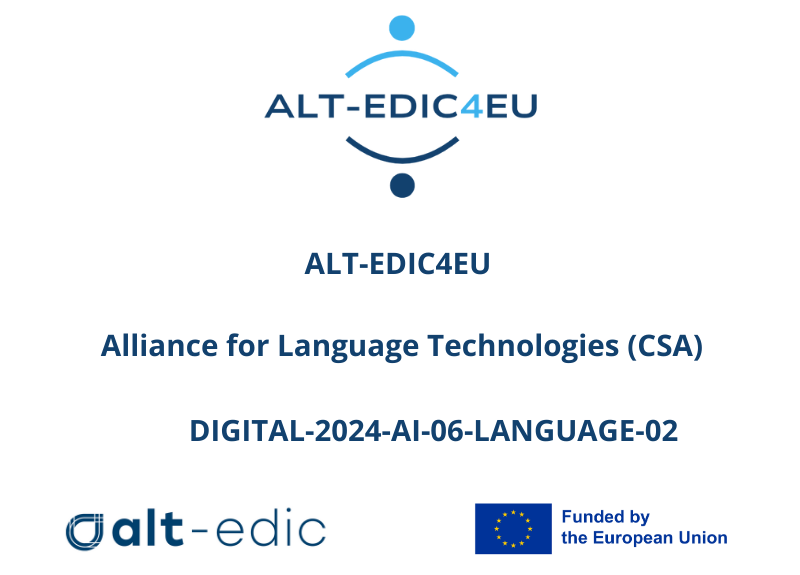
9 different structures are participating in this project under the coordination of the ALT-EDIC:
ALT-EDIC

ATHENA RC

TILDE
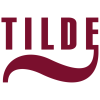
EVALUATIONS AND LANGUAGE RESOURCES DISTRIBUTION AGENCY (ELDA)
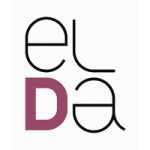
UNIVERZITA KARLOVA
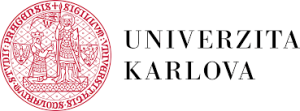
INSTITUT JOZEF STEFAN (JSI)

FONDAZIONE BRUNO KESSLER (FBK)

POLITECHNIKA WROCLAWSKA
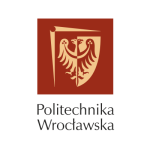
UNIVERSIDAD DE GRANADA
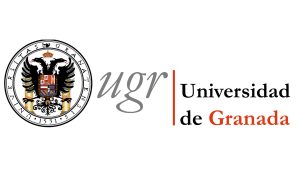
The ALT-EDIC4EU project is dedicated to the development of the ALT-EDIC global infrastructure including a European centre for the evaluation of Language Technologies, the dynamic mapping of the European Language Technologies and Large Language Models landscape, and the organisation of training sessions, workshops and events. Building upon their skills and experience in implementing European Language Technology infrastructures as well as national data spaces and Large Language Models, the ALT-EDIC4EU partners will start developing their technical components and services, and launch their engagement, communication and dissemination strategies.
The ALT-EDIC4EU project answers a need to build and strengthen a European ecosystem around Large Language and AI Models, in a context where most technological innovations come from outside Europe and in only some languages. This project will provide to European countries a better autonomy for the use and the sharing of European data and will reduce the dependence to technologies from outside Europe, while preserving the European language diversity.
